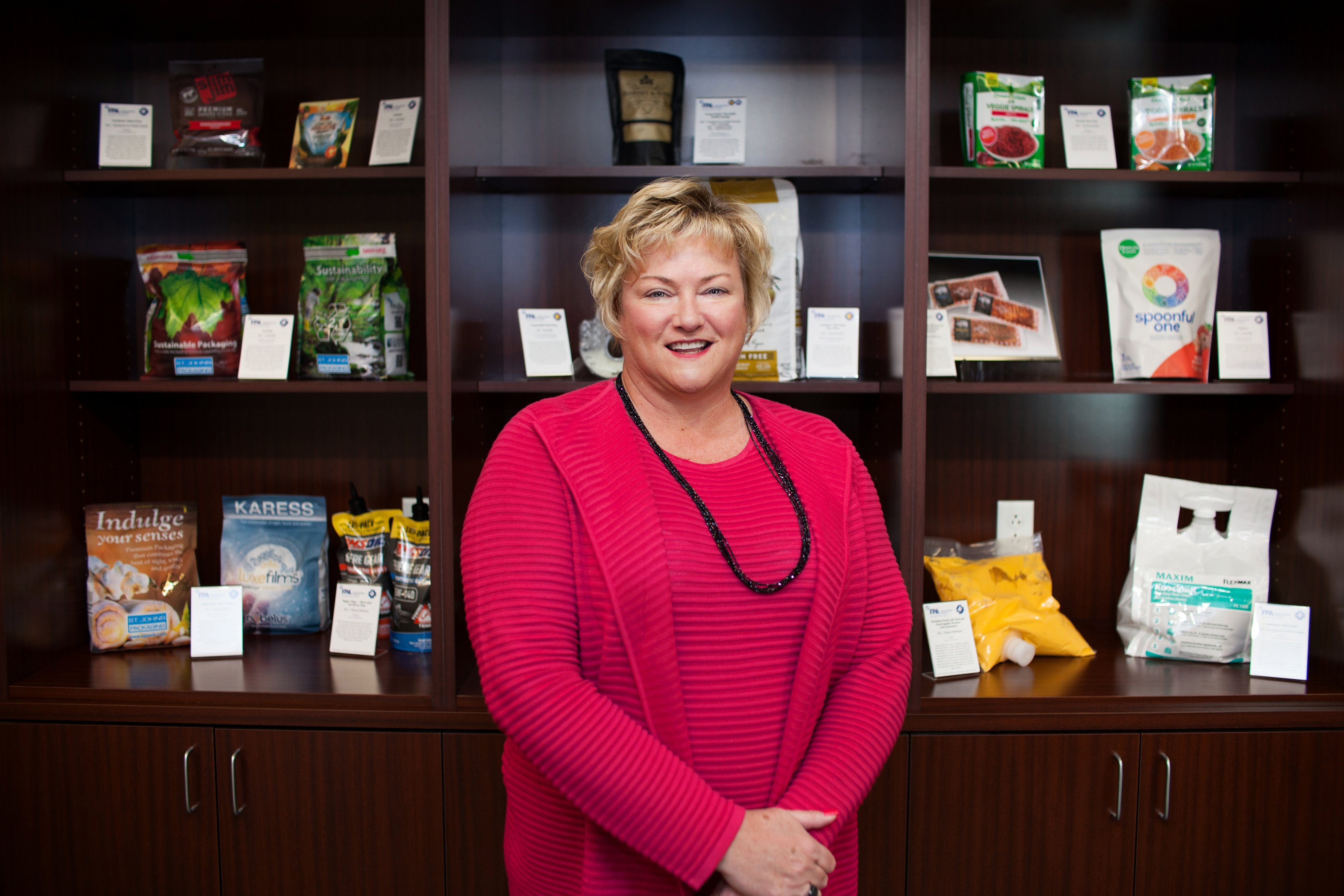EPR Bills Veer from Norms

Extended Producer Responsibility (EPR) legislation passed in two states this year—or did it? EPR, defined generally, is a system in which producers take ownership of the end-of-life for their packaging and have the flexibility to design programs with requisite governmental oversight. The bills in Oregon and Maine do not follow this concept.
True EPR systems—as seen for packaging throughout Europe and in Canada—allow producers (brand owners) to form a stewardship organization, draft, and submit a plan to the government for approval, run the program, and report back annually on the progress of that plan. Plans need to follow the resource conservation hierarchy of reduce, reuse, recycle, and beneficially use as appropriate. As long as plans also set goals for all packaging to be part of the system in a timely way and to manage all products in a manner that is protective of human health and the environment, the plans are approved and the government steps aside.
Instead of this known EPR scheme, however, both Oregon and Maine have deviated to a new system under the guise of EPR. In both cases, although through different approaches, the states will still collect a fee from all brands using packaging in those states but will also dictate almost every aspect of the programs, including, but not limited to:
- How much that fee is and where the money collected can be spent;
- What types of packaging will be deemed recyclable;
- How much post-consumer recycled content should be in all manner of packaging; and
- What chemicals can be used to produce that packaging.
In Maine, the money will flow through a government contractor, not a producer-run organization. In both states, the legislation clearly favors financing the failing current infrastructure over new infrastructure, where a greater amount of packaging would achieve circularity.
There will be quite a few hurdles for these bills before actual enactment of a packaging program in either state, as myriad regulations must be promulgated by the state agencies to finalize exact details of the various aspects—again, something that should be done by a producer-run organization through a program plan.
FPA will continue to weigh in on all developments, regulatory or otherwise, in order to ensure that flexibles are not penalized because of the lack of foresight in the legislation.

Alison Keane, Esq., IOM, CAE
President and CEO
Flexible Packaging Association


